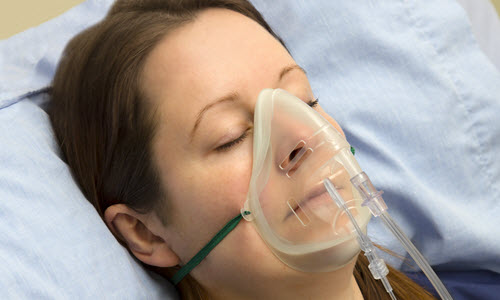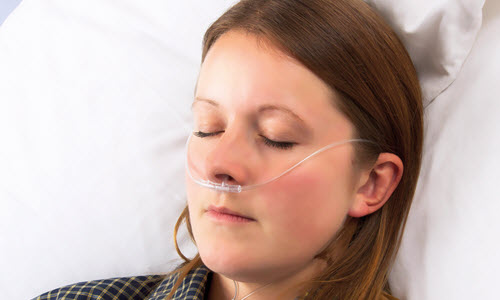An updated statement from the Association of Anaesthetists of Great Britain & Ireland (AAGBI) in May 2011 states: "Continuous capnography is recommended for all patients undergoing deep sedation or any sedation where the airway cannot be directly observed"
The American Society of Anesthesiologists (ASA) recently updated monitoring standards for ventilation:
"During moderate or deep sedation the adequacy of ventilation shall be evaluated by continual observation or qualitative clinical signs and monitoring for the presence of exhaled carbon dioxide"
Recommendations for standards of monitoring during anaesthesia and recovery 2015. Anaesthesia 2016; 71: 85-93 states:
"Capnography monitoring is essential at all times in patients with endotracheal tubes, supraglottic airway devices and those who are deeply sedated."
In the article 'Capnography for the Nonintubated Patient in the Emergency Setting by Craig A Manifold, DO: Neil Davids, MD: Lance C. Villers, PHD: David A. Wampler, PHD. J Emerg Med. 2013:45(4):626-632 it states:
"ETCO2 is safe, noninvasive, inexpensive and rapidly performed at the bedside. It is an essential tool for evaluating patients in the emergency setting"

